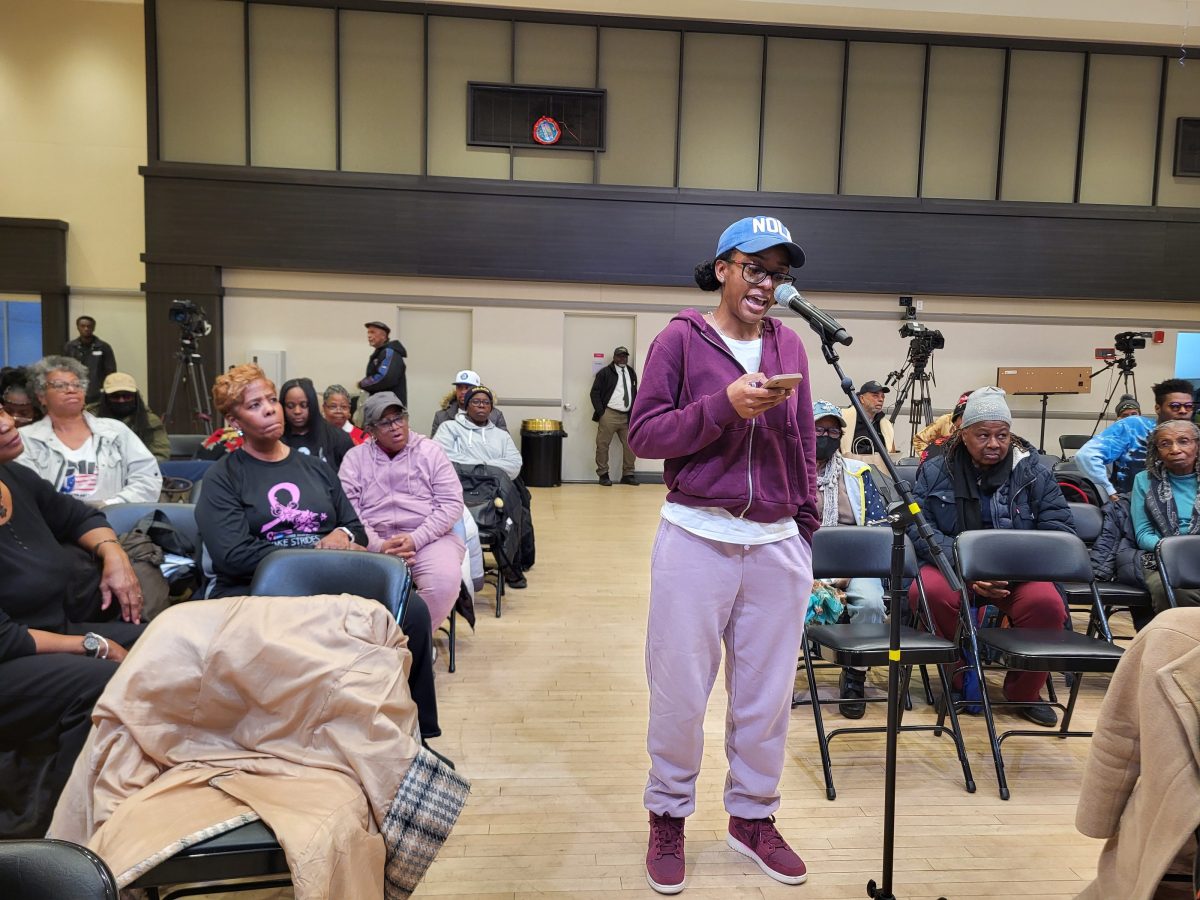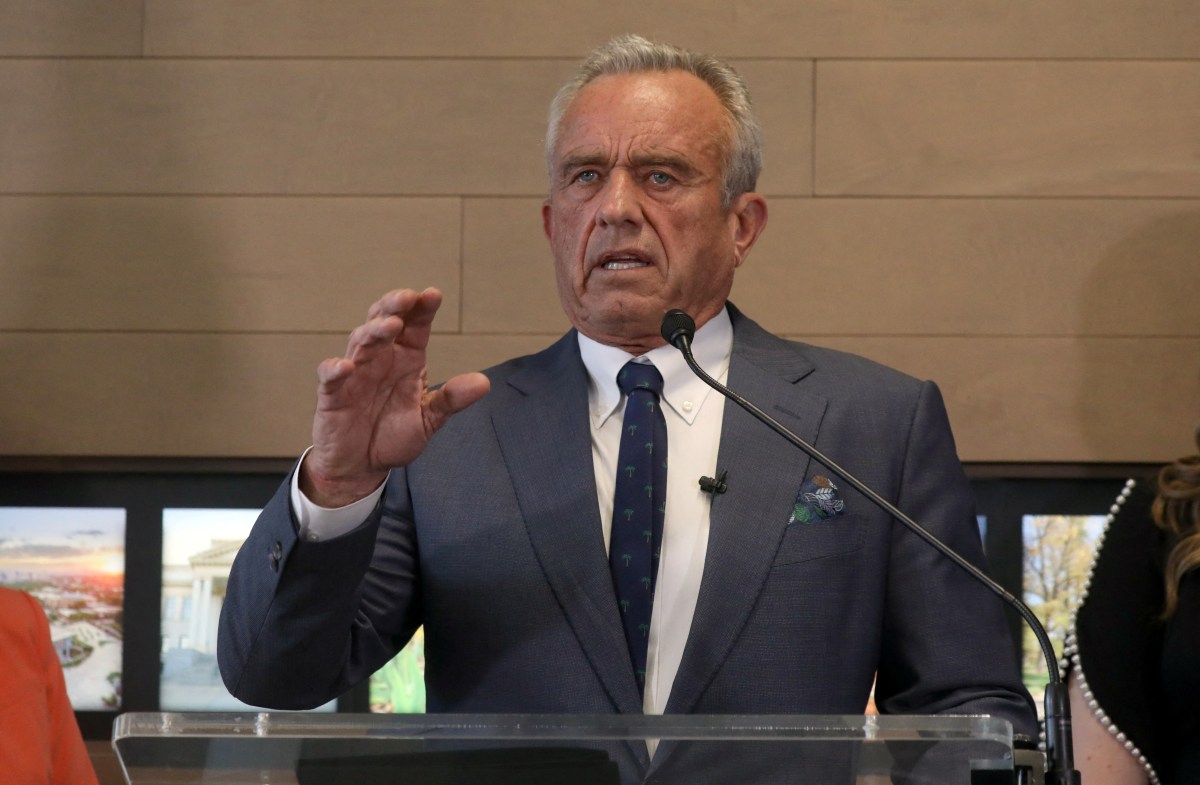
For decades, tenants and landlords trekked to the capital every four to eight years to make their case before lawmakers renewed — and often revamped — rent regulations.
That pilgrimage is poised to conclude, now that Gov. Andrew Cuomo committed to signing a series of revisions to the rules, including the removal of any expiration of the rent regulations. State Senate Majority Leader Andrea Stewart-Cousins (D-Yonkers) and Assembly Speaker Carl Heastie (D-Bronx) unveiled the proposed legislation Tuesday night and anticipate bringing it to the floor for a vote Friday.
"I believe this is the best tenant protections they will pass, and I will sign it," Cuomo, a Democrat, told reporters, before suggesting the days of rent regulations not sunsetting may not last. "There will be a legal challenge, is my guess, to it because you can’t say, ‘I bind future legislatures.’ But practically, it doesn’t mean anything anyway because you could always just change, pass a new bill that redoes it."
A few dozen tenants organized a rally outside Cuomo’s Manhattan office Wednesday, reiterating their support for legislation that would no longer allow vacated apartments to transition into the private market after their regulated rent surpasses a threshold — currently $2,774.76 a month.
Under the proposal, landlords would not be permitted to hike rent by as much as 20% when units are empty, as they can now.
Owners who offer lower rents than legally permissible would not be allowed to suddenly charge the full rates when leases are renewed.
The measure would also limit landlords’ ability to recoup construction costs through higher rent. The plan would cut down from 6% to 2% the annual increase owners can tack on after doing major capital improvements in the building; and limit how much of work done inside apartments can be passed off. These price increases would be allowed for three decades, as opposed to indefinitely.
Owners have maintained the overhaul would cripple smaller landlords and disincentivize maintenance so much that the housing stock grows decrepit. Cuomo and lawmakers could collaborate on changes to the legislation or pass a bill that deepens the city’s housing crisis, according to John Banks, president of the Real Estate Board of New York, a lobbying group for landlords and developers.
"The legislation put forward last night will be a disaster for the City’s future," Banks said in a statement. "The City’s housing crisis will get worse, with higher vacancy rates, less affordable housing and little relief for those New Yorkers who need the most help paying the rent."
By undercutting landlords’ ability to boost their rent rolls, the state could push more property owners to seek profits by converting developments into co-ops or condos, according to Jonathan Miller, president of the Miller Samuel appraisal and consulting firm.
"There’s a relatively nominal volume in co-op conversions now, so I would expect more, especially skewed toward smaller buildings," Miller said. "I don’t think it will be the conversion mania we saw in the ’80s."
To move forward with a conversion, owners would need to get purchase agreements for at least 51% of all units in the building from tenants, lawmakers said. Currently, the threshold is 15% and not all the arrangements need to be with current residents.
"Fifty-one percent of the apartments would make it extraordinarily difficult to convert a building of any size," said Jeffrey Reich, a partner and real estate lawyer at Schwartz Sladkus Reich Greenberg Atlas LLP. "It would give a lot of leverage to a tenants’ association … almost enough leverage that it might not make financial sense for the developer."
Tenant advocates involved with the Upstate/Downstate Housing Alliance group promoting much of the rent-regulation overhaul said they were confident there would not be a wave of conversions.
Outside Cuomo’s Manhattan office Wednesday, advocates celebrated the proposed reform and eagerly awaited the signing of the landmark legislation.
The dozens gathered chanted, "Move Cuomo, get out the way" and "No justice, no rent, no peace."
"This will give us some peace of mind that apartments are affordable," said Lisa Mathis, a member of the Crown Heights Tenants Union. "It doesn’t incentivize the landlord to force us out."
And stability in rent regulations should bode well for tenant organizing, according to Esteban Girón, a Crown Heights resident.
"Every four years, there’s that push to do things before the laws expire," Girón said. "Now we have the opportunity to focus."
With Liam Quigley


































